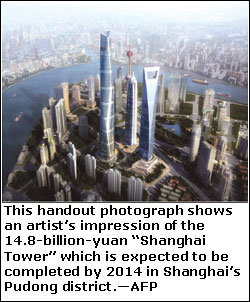 SHANGHAI: China’s past 30 years of reforms planted seeds that will in the coming decades produce future coastal megacities, an urban population of one billion and possibly the world’s biggest economy.
SHANGHAI: China’s past 30 years of reforms planted seeds that will in the coming decades produce future coastal megacities, an urban population of one billion and possibly the world’s biggest economy.
What the next 30 years of reforms have in store may be unclear but experts agree with widespread pollution problems and a tidal wave of migration set to hit China’s cities, urbanisation will be the future’s biggest challenge.
“The next 30 years are going to be a critical timetable for addressing all the needs of a large population and how China manages cities,” said James Canton, author of “The Extreme Future”.
By 2025 China’s urban population is expected to rise to 926 million from 572 million in 2005 – an increase equal to the entire current population of the United States, according to management consultants McKinsey & Company. By 2030 that number will increase to a billion.
Over the next two decades China will build 20,000 to 50,000 new skyscrapers – the equivalent of 10 New York cities, according to McKinsey.
More than 170 cities will need mass transit systems by 2025 – more than twice the number in all of Europe – in what McKinsey described as the “greatest boom in mass-transit in history”.
Chinese cities will leverage their manufacturer strengths to become innovation centres for products like nanotechnology, smart materials and state-of-the-art pharmaceuticals, Canton predicted.
They will also be home to the world’s largest middle class, he said. But to accommodate more than a billion people, entirely new forms of infrastructure and security frameworks will need to be developed.
“You’re going to have to say no to somebody. You will see the emergence of biometric identification; you will not be able to enter some cities,” he said.
As cities become bigger, land reclamation will leave little water between
Hong Kong and the mainland, Canton forecasted.
Demographic, economic and ecological pressure will leave China with no choice but to try innovative solutions, Canton said.
“Very few times in the history of a global civilisation will you see this ability of creating something fresh and new,” Canton said. “They are going to do some very stunning things in terms of the next cities of the future.”
Economist and urban planner Stanley Yip is already working on the next generation of Chinese cities.
He is leading British engineering consultancy Arup’s work with various cities across China on experimental eco-towns as part of a drive by Beijing to develop competing sustainable solutions.
The future of Chinese architecture and design could be dictated by a new law requiring all new buildings to cut energy use by half by the end of 2010, he said.
To meet those requirements new buildings will be stripped down, flooded with natural light, super-insulated in cooler Northern cities and more open and ventilated in the south. Solar panels will become common features.
“All these devices will come in and they will start to change the look and feel of the buildings,” Yip said.
By 2025 China is expected to overtake Japan as the world’s second largest economy, the US National Intelligence Council forecasts.
“Few countries are poised to have more impact over the next 15-20 years than China,” the US National Intelligence Council said in its latest forecast.
The biggest threat facing China’s Communist leaders are urban challenges such as growing gaps between the rich and the poor, a fraying social safety net, official corruption and environmental damage, the council said.
But barring a “perfect storm”, where several of these issues flare up at once, the Communist Party is likely to maintain its grip, the report said.
By 2038, China will likely be the world’s largest economy but most incomes will still lag behind the West, said Yao Shujie, head of University of Nottingham’s School of Contemporary Chinese Studies.
The next generation of leaders’ priorities will be mending the country’s social and environmental fabric, Yao said.
“The last 30 years didn’t do so well in terms of equality and social justice and the environment and there was slow progress in terms of political reform,” Yao said. “These are going to be the biggest challenges in the next 30 years.”—AFP


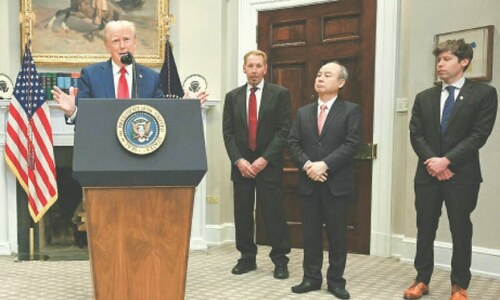

















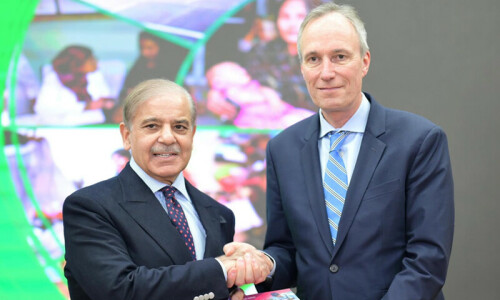














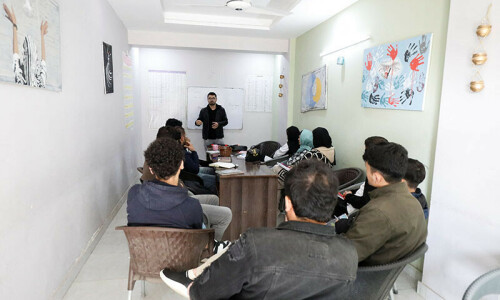


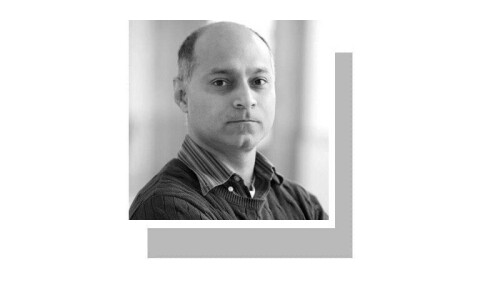

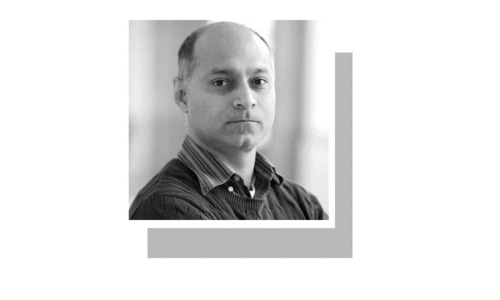

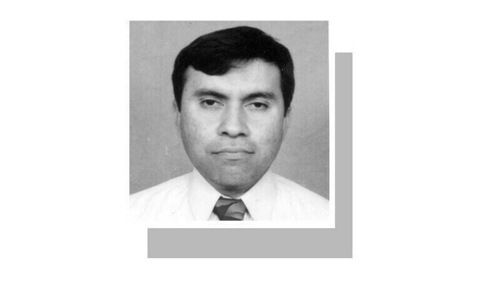






Dear visitor, the comments section is undergoing an overhaul and will return soon.